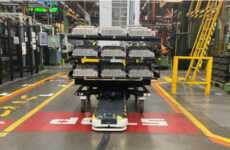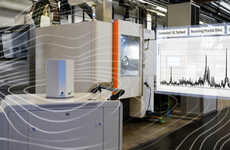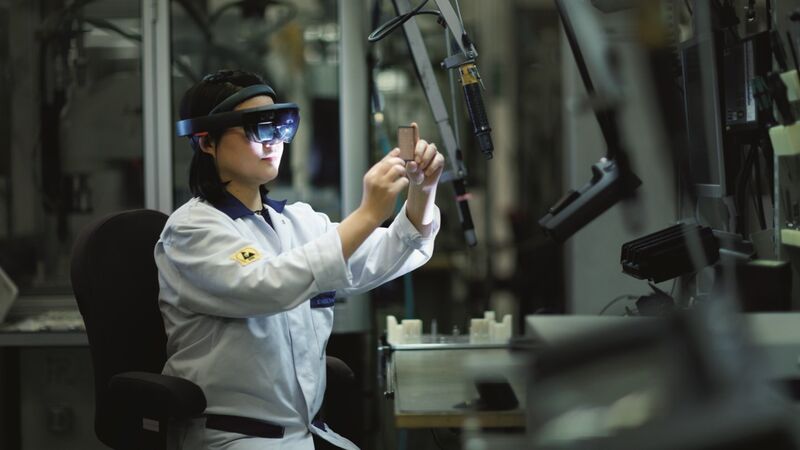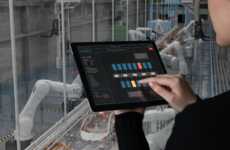
Ericsson's 5G Smart Factory Uses Mobile Networks for Manufacturing
Ericsson has a 5G Smart Factory located in Texas that focuses on a sustainable future of design and operation methods. Corporate responsibility lays at the foundation of the factory, working towards a brighter future. This is Ericsson's inaugural fully automated smart factory, and also the world's first. It produces the Advanced Antenna System radios that help deploy large-scales within 4G and 5G mobile networks.
This works in alignment with achieving the goal of becoming carbon neutral by the year 2030. In addition to that, it also displays how manufacturing can shift to a low carbon future without compromising prime business objectives. The factory have 1,646 solar panels that produces electricity from direct and reflected light off the ground. When building the factory, a main challenge was the heat of Texas, which is a reason for the installation of rain water tanks to ensure nothing is wasted when rain arrives.
Image Credit: 5G Smart Factory
This works in alignment with achieving the goal of becoming carbon neutral by the year 2030. In addition to that, it also displays how manufacturing can shift to a low carbon future without compromising prime business objectives. The factory have 1,646 solar panels that produces electricity from direct and reflected light off the ground. When building the factory, a main challenge was the heat of Texas, which is a reason for the installation of rain water tanks to ensure nothing is wasted when rain arrives.
Image Credit: 5G Smart Factory
Trend Themes
1. Sustainable Manufacturing - The 5G Smart Factory in Texas prioritizes corporate responsibility and sustainable design and operation methods, creating disruptive innovation opportunities for companies to follow suit.
2. 5g-enabled Automation - Ericsson's 5G Smart Factory is fully automated and creates disruptive innovation opportunities for other industries to implement 5G-enabled automation in their own manufacturing processes.
3. Renewable Energy Integration - The installation of solar panels and rain water tanks at the 5G Smart Factory highlights the opportunities of integrating renewable energy sources in manufacturing, providing new pathways for sustainable innovation.
Industry Implications
1. Manufacturing - Ericsson's 5G Smart Factory serves as a model for sustainable and efficient manufacturing practices, creating disruptive innovation opportunities for companies in the same industry.
2. Telecommunications - The use of 5G technology in Ericsson's Smart Factory creates opportunities for innovation in telecommunications, particularly in the manufacturing and deployment of 5G technology itself.
3. Renewable Energy - The integration of renewable energy sources in Ericsson's Smart Factory creates disruptive innovation opportunities for other renewable energy industries to enhance their operations with sustainable practices.
2.2
Score
Popularity
Activity
Freshness























